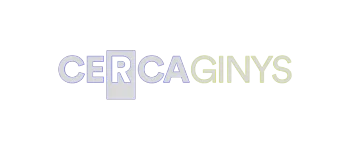Crazy for Archaeology
Crazy about Archaeology
Funding entity
Fundació la Pedrera
Coordination in Girona: Antonio Rojas Rabaneda
Description
Course aimed at high school students organized by the Catalan Institute of Classical Archaeology (ICAC), the Institute of Human Paleoecology and Social Evolution (IPHES) and the Catalan Institute for Research in Cultural Heritage.
The Institute of Heritage participated in the course “Crazy about Archaeology”, part of which was held in Girona, where the ICRPC held a total of six sessions, during which actions to be carried out after the excavation of an archaeological site were socialized and communicated. The first sessions of the course were initially held in Tarragona, at the headquarters of the Catalan Institute of Classical Archaeology (ICAC), the Institute of Human Paleoecology and Social Evolution (IPHES).
The course began in the heart of Girona's Old Town, where the director of the ICRPC and professor at the University of Girona, Joaquim Nadal i Farreras, welcomed the students and presented the work carried out by the ICRPC, highlighting the importance of the heritage phase and the uses of heritage. Starting from the steps of the Girona Cathedral, the group visited the Monastery of Sant Pere de Galligants, home of the Museum of Archaeology of Catalonia-Girona. Later, in the magnificent building of the Pia Almoina, Antoni Rojas, archaeologist and head of the ICRPC's Studies and Analysis Unit, gave a session on the museumisation of archaeological sites.
The students visited the Iberian settlement of Sant Sebastià de la Guarda with the aim of holding a session on actions on archaeological heritage.
Antoni Rojas, showed, in another session, the various roles of technologies in the world of archaeology as well as the actions to be carried out once the excavation of a site has been completed.
The following session was led by Gustau Vivar, director of the Center for Underwater Archaeology of Catalonia (CASC), who will introduce students to the exciting world of research in underwater archaeology. We will visit this center and we will be able to learn everything related to the heritage that has remained under the sea.
Another activity was held at the Greco-Roman site of Emporion (L’Escala, Alt Empordà). Joaquim Tremoleda, archaeologist-conservator of the Museum of Archaeology of Catalonia-Empúries, will show various aspects of the use of the image of Archaeology in different contexts.
From the more touristic side, Sílvia Aulet, professor at the University of Girona, presented to the students a research by the Multidisciplinary Laboratory for Tourism Research (LMRT) on the behavior of tourists in a cultural destination and a fun group activity will be carried out in the streets of Girona.
Archaeology as a scientific activity.
Archaeology is a scientific discipline that is dedicated to the study of human societies through the recovery and analysis of the material culture they generated. In the field of archaeology, several multidisciplinary processes are involved that include research, interpretation and dissemination of the knowledge acquired. This experience will allow the students to come into contact with experienced archaeologists who will show them their daily work and share their knowledge about the exciting world of archaeology.
The activity “Crazy about Archaeology” focuses on reinforcing students’ knowledge of Prehistory, Classical Archaeology and Cultural Heritage in a way that is in line with the latest research in the discipline. The course allows high school students to get closer to the world of university research in our immediate environment, while contributing to the stimulation of scientific vocations in a broad sense. Vocational search and academic excellence are some of the main objectives of the project.
The course allows students to get closer to science with an eminently pedagogical character, and with the aim of promoting better social recognition and promoting scientific vocations. Therefore, from this course, the scientific and humanistic vocation will be promoted in the first degrees of tertiary education and will contribute to the Knowledge Society through the comprehensive training of future research and humanist personnel. This course is part of the 2013 Crazy for Science call sponsored by the Fundació Catalunya La Pedrera.
More information:
The full programme can be consulted at http://bojosperlarqueologia.icac.cat/




Institut Català de Recerca en
Patrimoni Cultural ICRPC
observatoridepublics@icrpc.cat
Tel. 972 486 158



- Sitemap
- |
- Legal Notice
- |
- Cookies usage
- |
- Privacy policy
- |
- Contact
- |










